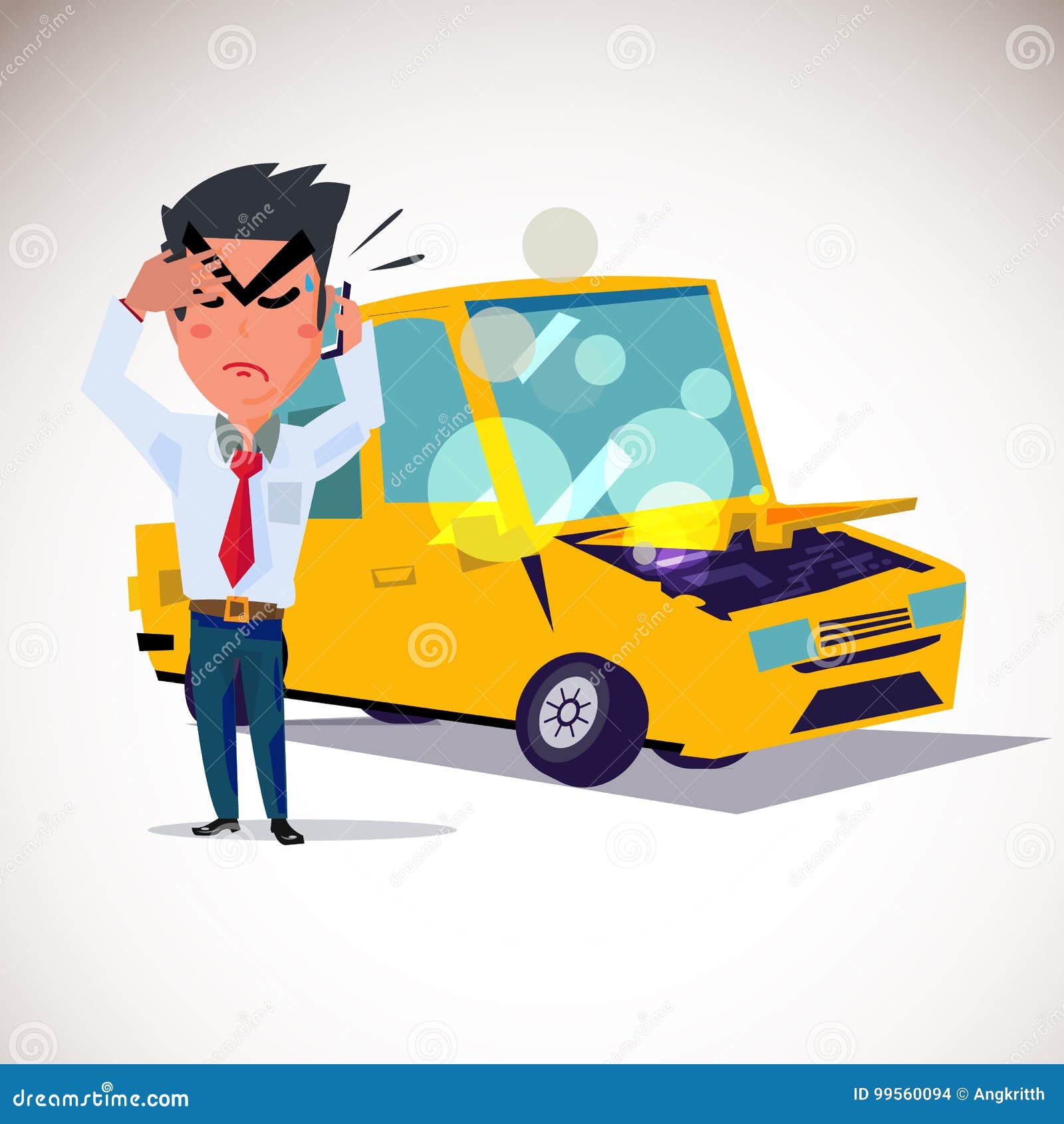Car accidents happen every day, and unfortunately, many individuals find themselves embroiled in the aftermath of a collision that was not their fault. The emotional turmoil, the tangled web of insurance claims, and the daunting task of establishing blame can leave anyone feeling overwhelmed. Yet, in the wake of such distressing situations, understanding your rights and responsibilities is paramount. This article delves into the intricacies of navigating the car accident landscape when you find yourself as an innocent party.
Understanding Fault in Car Accidents
Determining fault in a car accident is often a nuanced process. In most jurisdictions, fault is assessed based on a combination of traffic laws, driver behavior, and evidence from the accident scene. If you were minding your own business, obeying traffic signals, and suddenly found yourself on the receiving end of a reckless driver’s actions, it is vital to recognize that you are not alone, and there are affirmative steps you can take to advocate for yourself.
The Immediate Aftermath: Safety First
After an accident, prioritize safety. If you are physically able, move your vehicle to a safe location to prevent further incidents. Next, ascertain the condition of everyone involved. If injuries are present, dialing emergency services cannot be overstated. The welfare of individuals should always take precedence over logistical concerns.
Documenting the Scene: Evidence is Key
Once safety is secured, begin gathering evidence. Documentation can be instrumental in establishing fault. Note down the specifics of the accident: the time, date, and weather conditions. Take photographs of the scene, vehicles, and any visible damages. If witnesses are present, their testimonies could prove invaluable—gather their contact information and statements, if possible. This operation of collecting information might seem tedious, but every detail contributes to building your case.
Filing a Police Report
A police report can offer an impartial account of the incident, making it a crucial component in resolving disputes over fault. When law enforcement arrives, cooperate fully, providing them with an accurate portrayal of events. Remember, the police report typically includes critical details such as driver admissions, any citations issued, and an officer’s assessment of the situation. This document can serve as compelling evidence in your favor.
Insurance Communication: Tread Carefully
Once you’ve managed the immediate aftermath, the next step involves contacting your insurance company. While this may seem straightforward, it’s imperative to approach conversations with caution. When discussing the accident, stick to the facts without speculating on blame. Admitting to anything—even inadvertently—can complicate claim processes. Your insurer will conduct their investigation into fault, which may include reviewing police reports and witness statements. Prepare to provide them with any documentation you have collected.
Understanding Comparative Negligence
In many states, the concept of comparative negligence comes into play when assessing fault. This legal principle holds that all parties may bear some degree of responsibility for an accident, albeit at different levels. For instance, if you were involved in a collision but were also found to be speeding, your compensation could be affected based on the percentage of fault attributed to your actions. Familiarize yourself with the local laws regarding comparative negligence, as they can significantly influence your case.
Pursuing Compensation for Damages
When the accident wasn’t your fault, you are entitled to pursue compensation for damages incurred. This can include medical expenses, lost wages, property damage, and even emotional distress. Consulting with a personal injury attorney can provide clarity on your rights and the best course of action. Many attorneys work on a contingency fee basis, meaning you only pay if you win your case, making legal support accessible even in financially strained situations.
The Role of Legal Counsel
Engaging a legal professional is particularly beneficial if negotiations with the other party’s insurance company become contentious. Attorneys possess the expertise to navigate the labyrinth of insurance claims and legalities. Their experience can be instrumental in ensuring you are not undervalued or cornered by aggressive insurance representatives. They will advocate vigorously on your behalf, seeking to recover rightful compensation for your injuries and losses.
Preparing for Court: The Possibility of Litigation
Should negotiations with insurance companies stall, the prospect of litigation may arise. Preparing for court can be intimidating, but understanding the process demystifies the experience. Your attorney will guide you through the essential steps: compiling evidence, organizing testimonies, and strategizing your argument. Being well-prepared enhances your chances of receiving a favorable outcome.
The Emotional Toll: Seeking Support
Beyond the physical and financial ramifications, car accidents can take a toll on mental health. Should you find yourself grappling with anxiety, depression, or post-traumatic stress, consider seeking professional support. Therapy can provide a safe space to process emotions and develop coping strategies to aid your recovery.
Final Thoughts: Empowerment After an Accident
Experiencing a car accident where you are not at fault can be a disorienting ordeal, but understanding the procedures and your rights will arm you with the knowledge to navigate the aftermath effectively. From gathering evidence to communicating with insurance and potentially seeking legal counsel, each step is a stride toward reclaiming your peace of mind. As daunting as the journey may seem, remember you are not powerless; empowering yourself with information and support can ultimately lead you toward resolution and healing.
